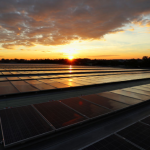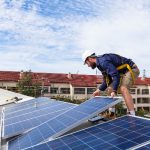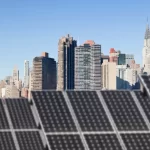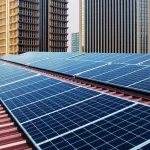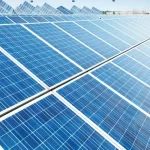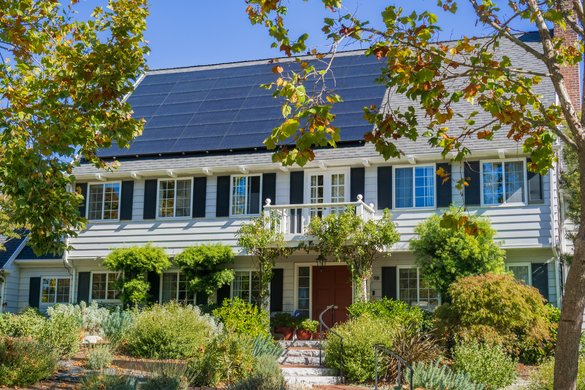
There are several guidelines to follow when leasing solar panels in NJ. According to recent studies, rooftop solar system prices have fallen over 40% in New Jersey over the last five years. Largely, this is because of how fast solar demand is growing across the state. Even as prices continue to decrease and incentive programs offer savings options, solar panel systems are a large investment. As a homeowner in the market for solar, you need to understand how to lease your panel system. Indeed, leasing is a great financing option to manage your monthly payments. Read on to learn about the most important guidelines to leasing solar panels in NJ.
Understand Your Financing Options
First, it is essential to understand your financing options. Many companies offer multiple payment plans, so you can afford your solar system. Typically, a solar lease has a longer payment duration of about 25 years. With this financing method, you make fixed monthly payments towards your panels for your term duration. When you lease your panels, they are usually owned by your solar installation company. On the other hand, a solar loan usually has a shorter payment duration of 5, 10, or 15 years. With this financing approach, you own your system. With both options, you can access a reliable warranty and $0 down payment. Many companies also accept cash upon installation as well. Definitely, understand your financing options when deciding whether or not to lease your NJ solar panel system.
Assess Terms
In addition, it is essential to assess your terms when deciding whether to lease your NJ solar panels. With a solar lease, you usually make monthly payments for 20 or 25 years depending on your solar power providers in New Jersey. Once the lease is up, you can usually renew your agreement or buy the system outright if you would like to own your panels. On the other hand, solar loans can last 5, 10, or 15 years depending on your financial preferences. Once you’ve made all of your agreed payments, you own your system. With a solar loan, you typically incur an interest rate. Typically, this is anywhere from 3 to 8%. Usually, this depends on a variety of factors, including your credit score and the length of your loan. When deciding whether to lease your solar panels New Jersey, assess the terms of various installation agreements.
Maintenance
Moreover, maintenance can also differ between a solar lease and a solar loan. For example, many installers offer solar monitoring applications with their lease programs. This software can alert you when the system is performing at a lower efficiency. Often, this is a key indicator you need to clean your panels. In addition, many companies recommend rinsing your panels periodically using a garden hose. Of course, you can always contact your installer for professional services, regardless of your financing program. With a loan, you may pay more for this service. Absolutely, you need to maintain your system yourself or using your provider services when leasing solar panels in New Jersey.
Incentive Eligibility & Approval Timelines
Furthermore, it is essential to know your incentive eligibility and approval timeline when leasing your rooftop solar system in NJ. When you lease your panels, your solar company usually owns your the TRECs your panels generate. Under a lease, you are not eligible for the solar ITC extension as well. Thus, a solar loan may be a better option if you were looking to take advantage of these incentive programs. On the other hand, a solar lease often offers a much shorter approval process. Typically, you can get it signed in a single meeting with your installer. Loan agreements can take several weeks to get approval. If you’re looking to start your solar project right away, leasing your NJ solar panels is the best option.
Compare Your Costs
Lastly, compare your costs as you decide if leasing is the appropriate financing option for your solar system. Notably, solar leasing often offers minimal upfront costs and $0 down payments. Often, you can find fixed monthly payments as well. On the other hand, some solar installers use a price escalator model for their solar leases. Under these terms, your monthly payments can increase each year. This means you can pay more the third year of your lease than your first year. In these models, the escalator factor is usually determined by how much electricity prices are expected to increase. To avoid paying more each year, look for a solar installation company with fixed monthly payments on their solar lease agreement. Certainly, compare your costs to find a fixed monthly lease payment and minimal upfront charges.
There are several guidelines to follow when leasing solar panels in NJ. First, you need to understand how each financing option operates. Next, assess your leasing option terms. In addition, solar maintenance can differ slightly between financing options. Moreover, you need to know your incentive eligibility and approval times. Lastly, you need a solar cost estimate Hudson County NJ and other areas to find a fixed monthly lease program. Consider these points for a homeowner’s guide to leasing solar panels in NJ.
